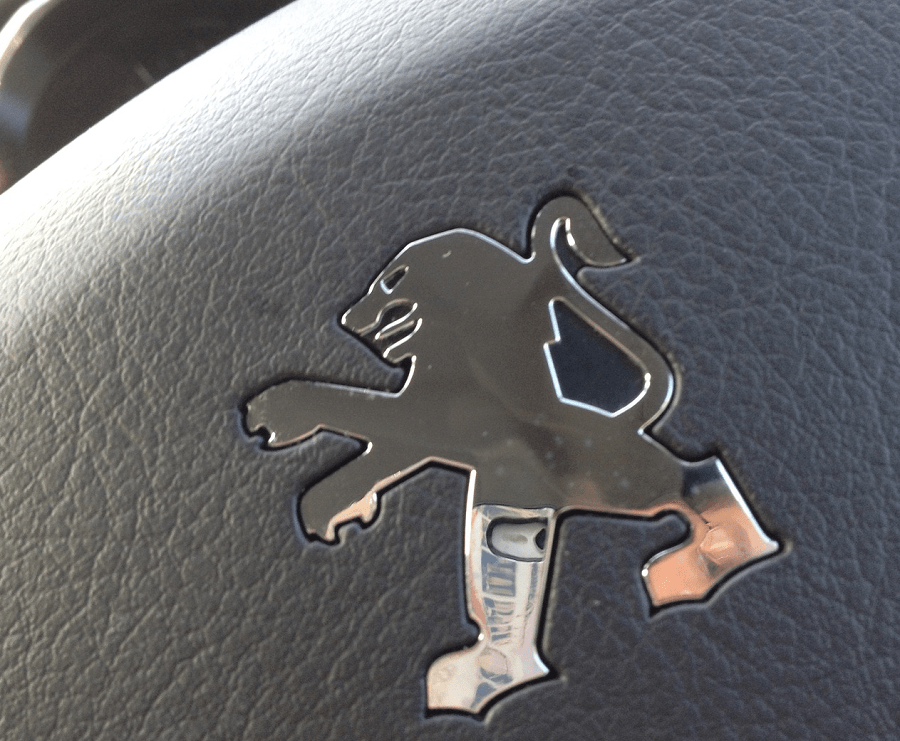
The experts Bernat Hereu and Júlia Ortega, members of the Faculty of Biology and the Biodiversity Research Institute (UB-IRBio).
The Project Stop Ghost Fishing, launched in 2015 to preserve the ecological values of the seafloors, included the collaboration of scientists, fishermen and representatives and the Administration (rangers, Catalan police forces, professional divers) to reduce the impact of the lost fishing gears in the seafloors.
The coasts of Catalonia (Spain) have undergone a total of 102 extraction operations of lost fishing gears in the seafloors since 2009.
These are some conclusions of the report on the project Stop Ghost Fishing, presented on March 21, in the Museum of the Mediterranean (Torroella de Montgrí, Girona province).
Every year, the Mediterranean Sea receives 3,000 tons of waste, and about 10% of it are lost or abandoned fishing gears in the seafloors. “The fishing gears stuck in the seafloors can capture organisms during years —the ghost fishing phenomenon— and cause an environmental impact, added to the negative effects of pollution, climate change, fishing, invasive species and the human access on marine biodiversity”, notes lecturer Bernat Hereu, scientific coordinator of the project and member of the research group MedRecover. Apart from threatening the marine life, the abandoned devices are a potential risk to the boats, the marine transit and the users of water activities.
The new report highlights the impact of ghost fishing on marine species with a high ecologic and commercial interest, such as lobsters, groupers, the dentex, the scorpionfish, cuttlefish, red coral and the red and white gorgonian. The scientists identified 88 affected species. They found 55 species to be trapped (ghost fishing) and 35 were affected by the erosion of the benthos.










